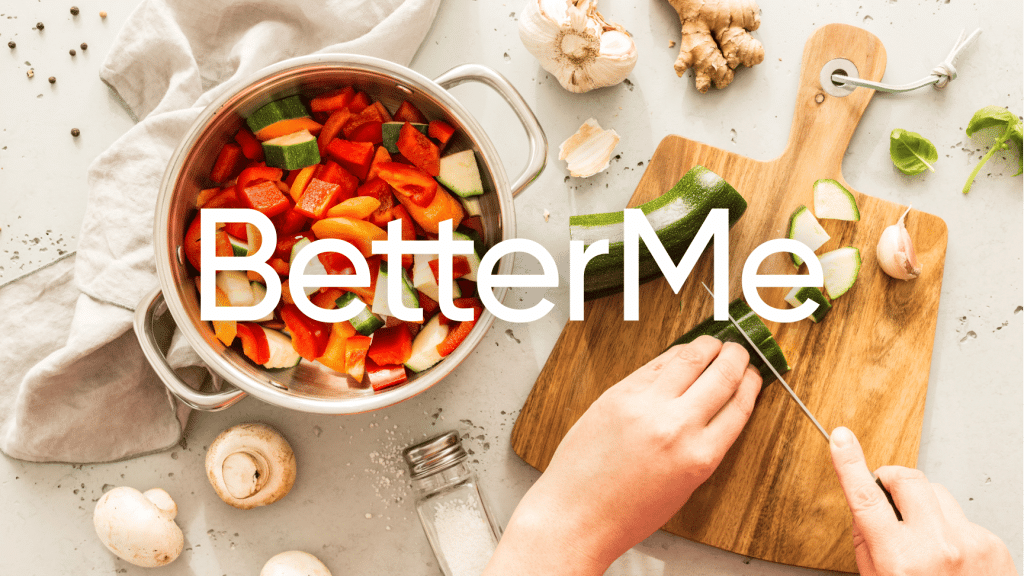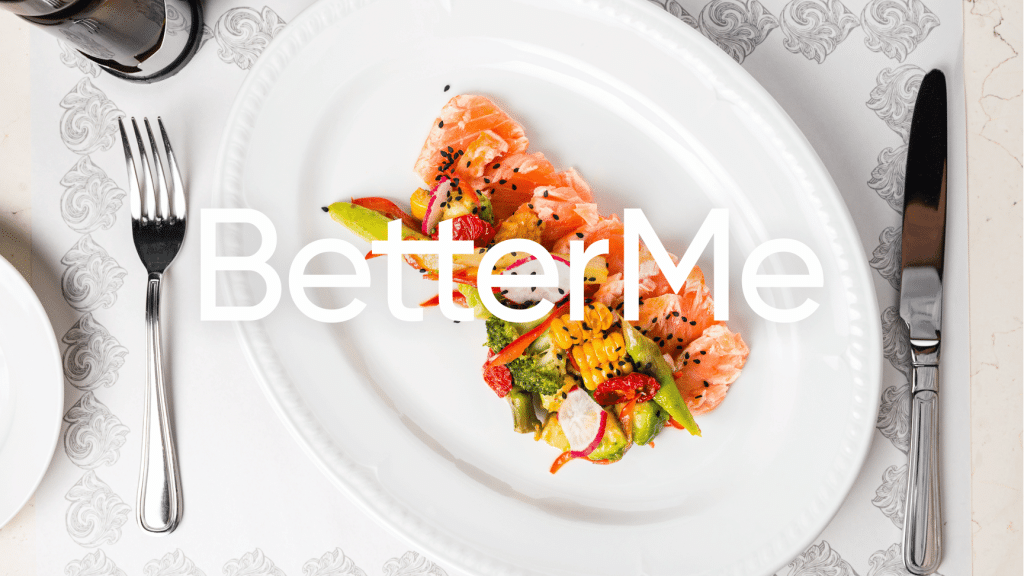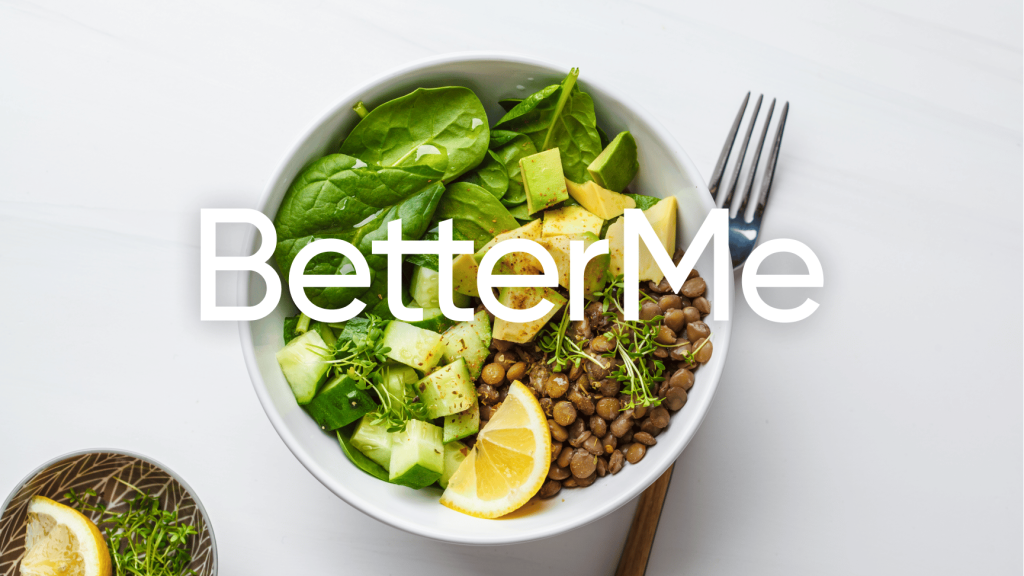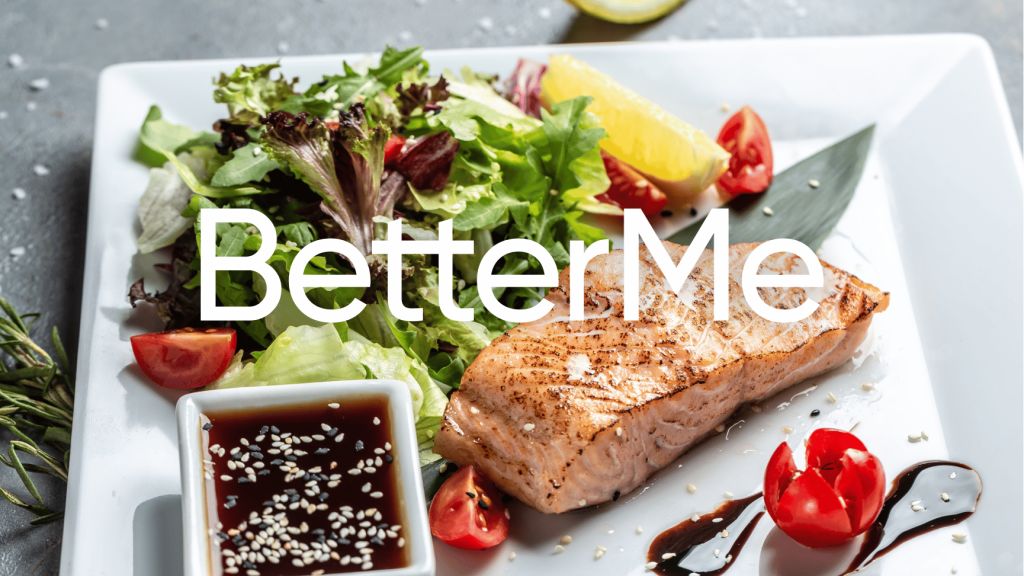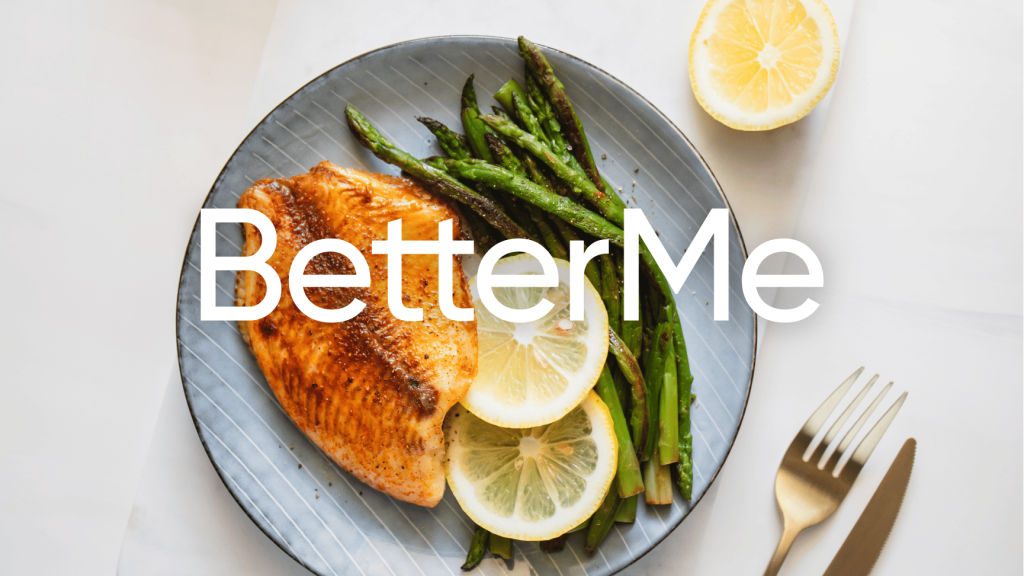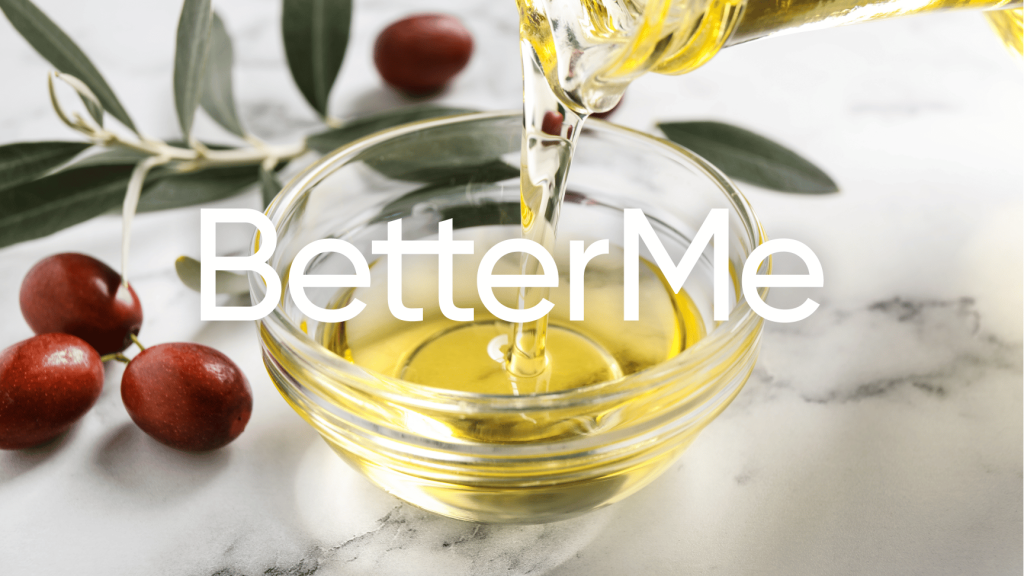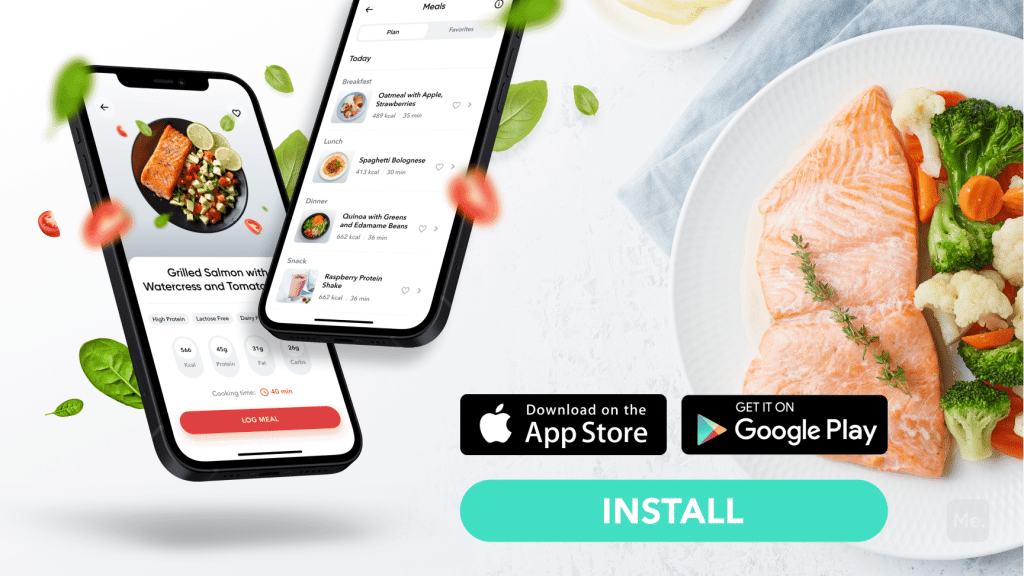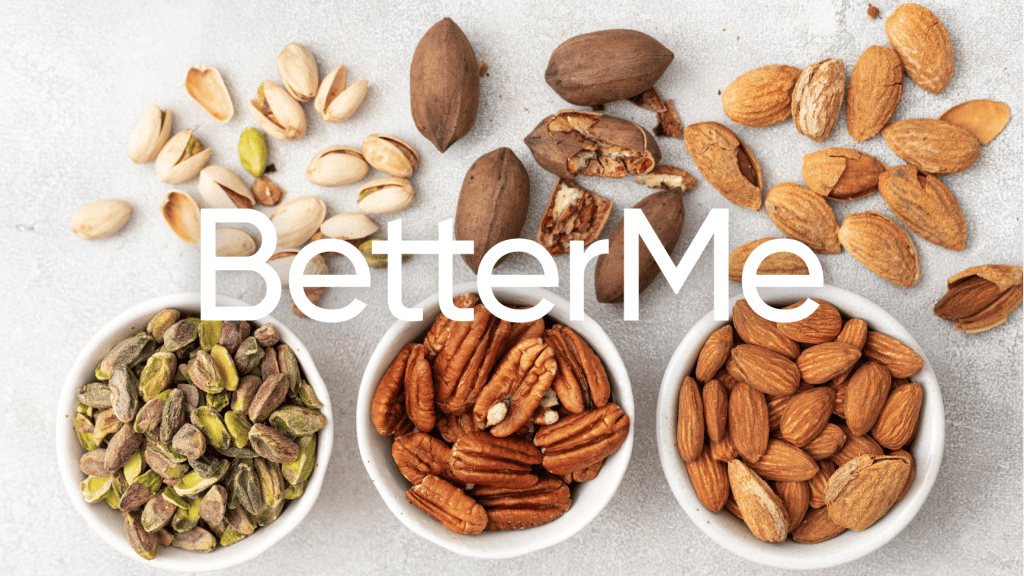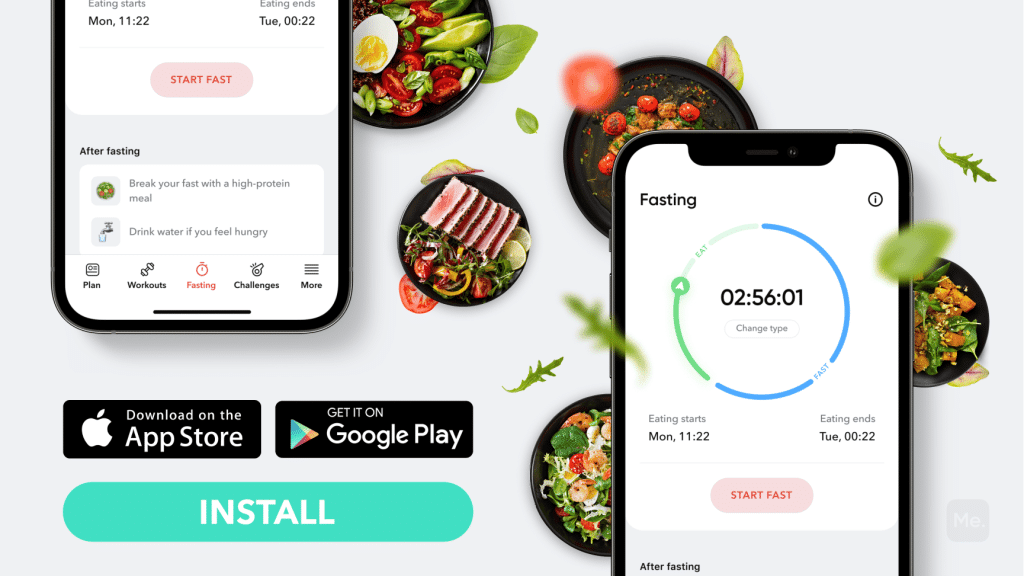It’s not uncommon to feel gassy, bloated and downright uncomfortable after enjoying a bean-filled meal. For most people, the side effects of consuming legumes are mild and can be easily managed. However, for those with a sensitive digestive system, or certain health conditions , even small amounts of legumes or grains can cause problems. Lectins are a type of protein found in all plants, including grains, fruits and vegetables. They’re responsible for the plant’s defense against predators (like us), by binding to carbohydrates and preventing them from being digested (7). Recently, lectin-free diets have been getting a lot of attention as a way to improve digestive health. This article will take a closer look at lectins, their effects on the body and whether or not you should avoid them.
What Are Lectins?
Lectins are a type of protein found in all plants. Four types of foods that have notably high levels of lectins are:
- Legumes – beans, lentils, peas, soybeans, and peanuts
- Nightshade vegetables – tomatoes, eggplant, peppers, and potatoes
- Dairy products – milk, cheese, and yogurt
- Grains – wheat, rye, barley, oats
Lectins serve a variety of purposes in the plants they are found in. For example, they help the plant to ward off predators, and they also help the plant to integrate with the soil so that it can get the nutrients it needs (2).
Lectins can be beneficial or harmful to humans, depending on the type of lectin and the amount consumed. Some lectins are known to be toxic in their active (usually meaning raw) form, and consuming them can lead to gastrointestinal issues or may trigger autoimmune attacks (3). Luckily, we don’t tend to eat the foods that contain those types of lectins raw.
Other lectins are known to be beneficial, and their consumption can help improve gut health, weight loss, and blood sugar control (6). The foods that contain lectins also tend to have many other benefits which outweigh any potential harm that the lectins may cause.
What Is The Lectin-Free Diet?
Cardiologist Dr. Steven Gundry is one of the most well-known proponents of the lectin-free diet. Gundry’s “The Plant Paradox” book claims that lectins are the root cause of inflammation, weight gain, and disease (10).
The lectin-free diet is based on the premise that eliminating foods high in lectins will improve your health. Gundry’s book recommends eliminating all forms of grains, legumes, nightshade vegetables, and dairy products.
He also recommends avoiding all processed foods, as they may contain hidden sources of lectins.
However, opponents of the lectin-free diet claim that it is unnecessary and even dangerous. They point out that lectins are found in a wide variety of healthy foods (6), and that eliminating them from your diet could lead to nutrient deficiencies.
Furthermore, the negative effects of lectins are still being studied and more research is needed to conclusively prove that they are harmful to humans.
Read More: High Glutamate Foods: Should You Avoid Them?
What Foods Does Gundry Say To Avoid?
Like most diets, the lectin-free diet has a list of foods you should avoid. They include:
- Grains: Wheat, rye, barley, oats, rice, corn, sorghum, and millet
- Beans: Black beans, kidney beans, lima beans, navy beans, lentils, chickpeas, and fava beans
- Nightshades: Tomatoes, potatoes, sweet potatoes, peppers, eggplant, and goji berries
- Dairy: Cow milk
While some of these foods may be healthy, Gundry claims that they are best avoided if you want to optimize your health.
What Lectin-Free Foods Can You Eat?
Many common foods are approved on the lectin-free diet. They include:
- Grass-fed meats
- Fish and seafood
- Free-range poultry
- Goat or sheep dairy products
- Eggs
- Fruits and vegetables: Apples, bananas, grapes, leafy greens, carrots, cucumbers, and squash
- Nuts and seeds: Almonds, walnuts, flax seeds, and chia seeds
- Oils: Olive oil, avocado oil, and coconut oil
- Condiments: Salt, pepper, vinegar, and lemon juice
While the list of approved foods may seem restrictive, there are still many healthy and delicious meals that you can eat on the lectin-free diet:
- For breakfast, you could try a lectin-free omelet made with grass-fed butter, free-range eggs, and your favorite vegetables.
- For lunch, you could have a salad made with leafy greens, roasted chicken, and avocado.
- For dinner, you could enjoy grass-fed steak, roasted sweet potatoes, and sauteed vegetables.
And there are plenty of lectin-free snacks that you can enjoy throughout the day, such as fruits and vegetables, nuts and seeds, and goat cheese.
What Are The Benefits Of The Lectin-Free Diet?
Gundry claims that the lectin-free diet can improve your health in a number of ways. He claims that eliminating lectins can:
Reduce Inflammation
Chronic inflammation is behind a host of diseases, including heart disease, diabetes, and cancer. Gundry claims that lectins are a major cause of inflammation, and eliminating them can help reduce your risk of these diseases (4).
Promote Weight Loss
Gundry claims that lectins can damage the lining of your gut. He says that this damage results in “leaky gut syndrome,” which he claims can lead to weight gain and other health problems (9). According to him, eliminating lectins can help heal your gut, promote weight loss, and improve your overall health.
Improve Blood Sugar Control
Lectins can also interfere with the absorption of nutrients, including carbohydrates (1). Gundry claims that eliminating lectins can help improve blood sugar control in people with diabetes. However, many of the lectin-containing foods (like whole grains, vegetables, and legumes) are actually associated with lower diabetes risk and better blood sugar control in large population studies.
Clear Brain Fog
Gundry claims that lectins can also cross the blood-brain barrier and cause inflammation in the brain (2). He says that this can lead to cognitive problems, such as brain fog. Gundry claims that eliminating lectins can help clear up brain fog and improve your overall cognitive function.
While the claims made by Gundry are intriguing, it’s important to remember that they are largely unproven. More research is needed to determine if the lectin-free diet truly has any health benefits.
Looking for a way to break the vicious cycle of weight loss and tone up all the jiggly parts? Watch the extra pounds fly off and your muscles firm up with the BetterMe app!
Are There Any Risks Associated With The Lectin-Free Diet?
The lectin-free diet is generally safe for most people. However, there are a few potential risks that you should be aware of:
Limited Evidence Of Benefits
As mentioned, the claims made by Gundry about the lectin-free diet are unproven. While the diet claims to offer some benefits, there is no guarantee that it will improve your health in the ways he suggests.
Restrictive And Difficult To Follow
The lectin-free diet is also quite restrictive, which can make it difficult to follow long-term. It can also be tough to find lectin-free options when eating out or traveling.
Nutrient-Deficiencies
Many of the foods that are high in lectins are also rich in vitamins, minerals, and other nutrients. Eliminating these foods from your diet can lead to nutrient deficiencies (8).
Make sure to take a multivitamin and eat a variety of nutrient-rich foods to avoid deficiencies on the lectin-free diet.
Weight Gain
While the lectin-free diet may promote weight loss in some people, it could also lead to weight gain. This is because the diet allows you to eat unlimited amounts of certain high-calorie foods, such as nuts, seeds, and oils.
If you’re trying to lose weight on the lectin-free diet,you must create a calorie-deficit by eating fewer calories than you’re burning.
Healthy Eating Shouldn’t Be This Complicated
The lectin-free diet is just one of many fad diets that have been gaining popularity in recent years. While the diet may offer some health benefits, it’s also unnecessarily restrictive and complicated.
If you’re looking to improve your health without unnecessarily restricting your diet, there are a few things you can do to counteract the purported effects of lectins:
Soak Your Legumes
Soaking legumes before cooking them can reduce their lectin content by up to 50% (6). You can soak them in water overnight or in boiling water for 60 minutes before cooking thoroughly.
Read More: 10 Intermittent Fasting Mistakes People Make And How To Avoid Them
Avoid Processed Foods
Highly processed foods are sometimes high in lectins. To avoid them, eat mostly whole, unprocessed foods. This includes fresh fruits and vegetables, meat, fish, eggs, whole grains, and dairy.
Cook Your Vegetables
Cooking vegetables, especially those of the nightshade family, can reduce their lectin content. The cooking method you choose isn’t important, provided they’re heated to at least 70°C (160°F).
Consider Sprouting Grains
Sprouting is a technique that can reduce the lectin content of grains (6). To sprout a grain, soak it in water for 24 hours, then drain it and rinse it several times. You can also buy products made from sprouted grains.
In addition to reducing lectin content, sprouting can increase the nutrient content of grains and make them easier to digest.
If you tend to let yourself off the hook, raise the white flag when things get tougher than you expected, send yourself on an unconscious binge-eating trip – BetterMe app is here to help you leave all of these sabotaging habits in the past!
Ferment Dairy And Grains
Fermentation is another process that can reduce the lectin content of foods (6). Fermented dairy products, such as yogurt and kefir, and fermented grains, such as sourdough bread, are all lower in lectins than their non-fermented counterparts.
The Bottom Line
While there’s no evidence that the lectin-free diet is harmful, it’s likely not necessary either. Instead of following a fad diet, focus on eating whole, unprocessed foods and including a variety of vegetables in your diet. These simple changes can improve your health without restricting your food choices.
Get your personalized
meal plan!
DISCLAIMER:
This article is intended for general informational purposes only and does not serve to address individual circumstances. It is not a substitute for professional advice or help and should not be relied on for making any kind of decision-making. Any action taken as a direct or indirect result of the information in this article is entirely at your own risk and is your sole responsibility.
BetterMe, its content staff, and its medical advisors accept no responsibility for inaccuracies, errors, misstatements, inconsistencies, or omissions and specifically disclaim any liability, loss or risk, personal, professional or otherwise, which may be incurred as a consequence, directly or indirectly, of the use and/or application of any content.
You should always seek the advice of your physician or other qualified health provider with any questions you may have regarding a medical condition or your specific situation. Never disregard professional medical advice or delay seeking it because of BetterMe content. If you suspect or think you may have a medical emergency, call your doctor.
SOURCES:
- Are Anti-Nutrients Harmful? (n.d., harvard.edu)
- Animal Galectins and Plant Lectins as Tools for Studies in Neurosciences (2020, nih.gov)
- Do dietary lectins cause disease? (1999, nih.gov)
- Dietary Lectin exclusion: The next big food trend? (2019, nih.gov)
- Fermentation and germination improve nutritional value of cereals and legumes through activation of endogenous enzymes (2018, nih.gov)
- Lectins (n.d., harvard.edu)
- Mechanisms of plant defense against insect herbivores (2012, nih.gov)
- Structure-function and application of plant lectins in disease biology and immunity (2019, nih.gov)
- The Leaky Gut: Mechanisms, Measurement and Clinical Implications in Humans (2019, nih.gov)
- ‘The Plant Paradox’ by Steven Gundry MD– A Commentary (2019, nutritionstudies.org)

